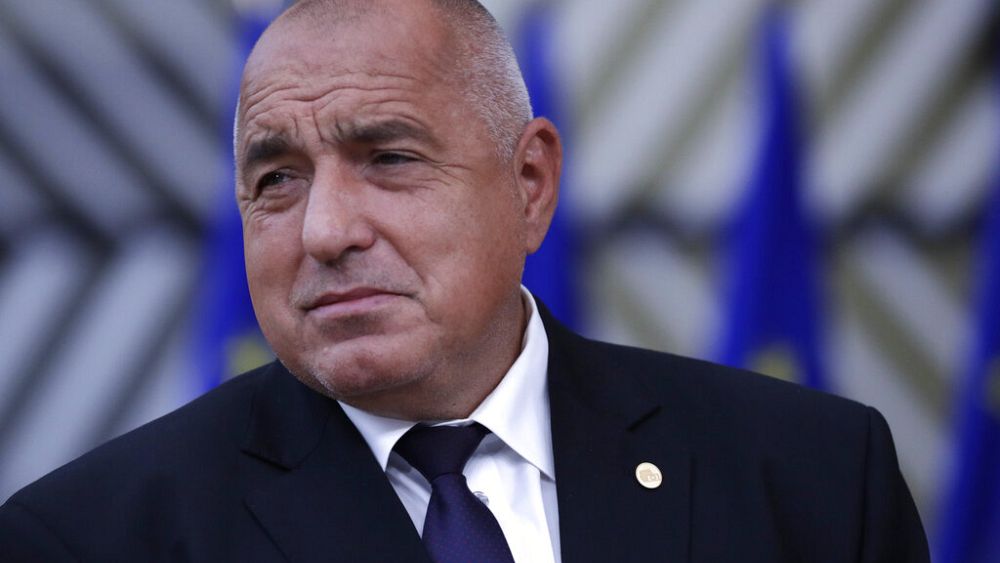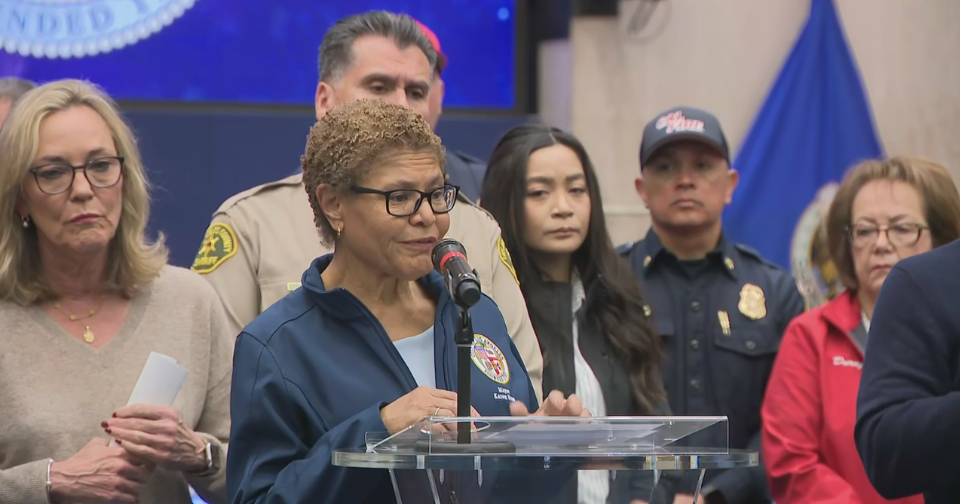Bulgaria will hold another election on July 11 after the three largest political parties failed to form a coalition government.
Last month”s vote resulted in a political deadlock and fragmented parliament.
President Rumen Radev said on Wednesday that he expects a new electoral commission to be appointed by May 11, when he would appoint a caretaker government and call a new election.
At April’s election, Prime Minister Boyko Borissov’s GERB party won the most seats with an estimated 26% of the vote.
However, the centre-right party lost votes amid widespread protests against corruption and failed to find any coalition partners.
The new anti-establishment party, There Is Such A People (ITN), finished second in the polls after a surge in support, but also failed to form an alliance.
The Socialists (BSP), who came third, have now also given up on attempts to form a majority government.
BSP Chairwoman Cornelia Ninova informed Bulgarian President Radev on Wednesday that “no objective possibility of forming a government”.
It is the first time since the fall of communism in 1989 that Bulgarian parliamentary groups have failed to reach a compromise, even if only to set up a government of experts.
“In this situation, it is clear that we are moving towards the dissolution of parliament and the scheduling of early elections,” Radev said in a statement.
The President has also warned that another split vote at July’s election could risk seeing Bulgaria fall into a “political and constitutional crisis”.
The latest opinion polls suggest the next election could have a similar outcome, which would add to the woes of the European Union’s poorest member country.
“We must act responsibly and expeditiously to avoid chaos in the upcoming elections,” Radev said, urging the parties to engage in dialogue to avoid a further stalemate.
“The political parties and coalitions should clarify their priorities, rethink their behaviour, and seek unity,” the President added.
Political analysts have said that political instability could hinder Bulgaria’s ability to effectively tap the EU’s coronavirus recovery fund and disrupt its path toward adopting the euro currency in 2024.
The caretaker government will face a challenging agenda of managing a health and economic crisis triggered by the coronavirus pandemic within a tight budget.
The president is also likely to appoint interim ministers and experts that would back him in his own re-election bid in a presidential vote due in the autumn.
Borissov, who has been in power for almost a decade, refused to step down as prime minister amid recent public anger but has already stated that he will not stand to lead the country’s next government and “divide” the nation.





/cdn.vox-cdn.com/uploads/chorus_asset/file/25832299/OTK_106_45455_R2.jpg)

